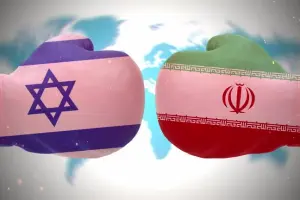On June 17, 2025, President Donald Trump addressed the mounting conflict between the United States, its ally Israel, and Iran, urging Tehran to surrender unconditionally. Speaking from Washington, DC, Trump warned that the White House is preparing additional military options in the Middle East to counter Iranian aggression.
In his official statement, Trump declared that the U.S. and its partners have achieved air superiority, asserting that the window for Iran’s diplomatic engagement has closed. This announcement followed five days of intensive Israeli air strikes against Iranian military installations, alongside Iranian missile retaliations targeting Israeli territory, which triggered air raid sirens in Tel Aviv.
Responding with a strong repudiation, Iran’s Supreme Leader Ayatollah Ali Khamenei delivered a televised speech from Tehran. He condemned Trump's demands as an "insult to national sovereignty" and called for resistance against any aggression directed at Iran. Khamenei emphasized that Iran would not submit to military or coercive diplomacy, citing the painful experience following the U.S. withdrawal from the 2015 nuclear agreement.
The conflict erupted after an Israeli air strike killed several high-ranking Iranian military commanders along the Iraq border. This sparked a series of retaliatory attacks involving ballistic missiles and advanced F-35 fighter jets. President Trump’s decision to boldly support Israel while escalating pressure on Tehran marked a significant intensification of U.S. involvement—from observer to key actor in the crisis.
On the international stage, the United Nations Secretary-General alongside several European leaders have urged de-escalation and a return to diplomatic negotiations. Meanwhile, the U.S. Congress is debating a resolution aimed at restricting presidential authority to launch new military operations without explicit parliamentary approval.





Responses (1)
Cool